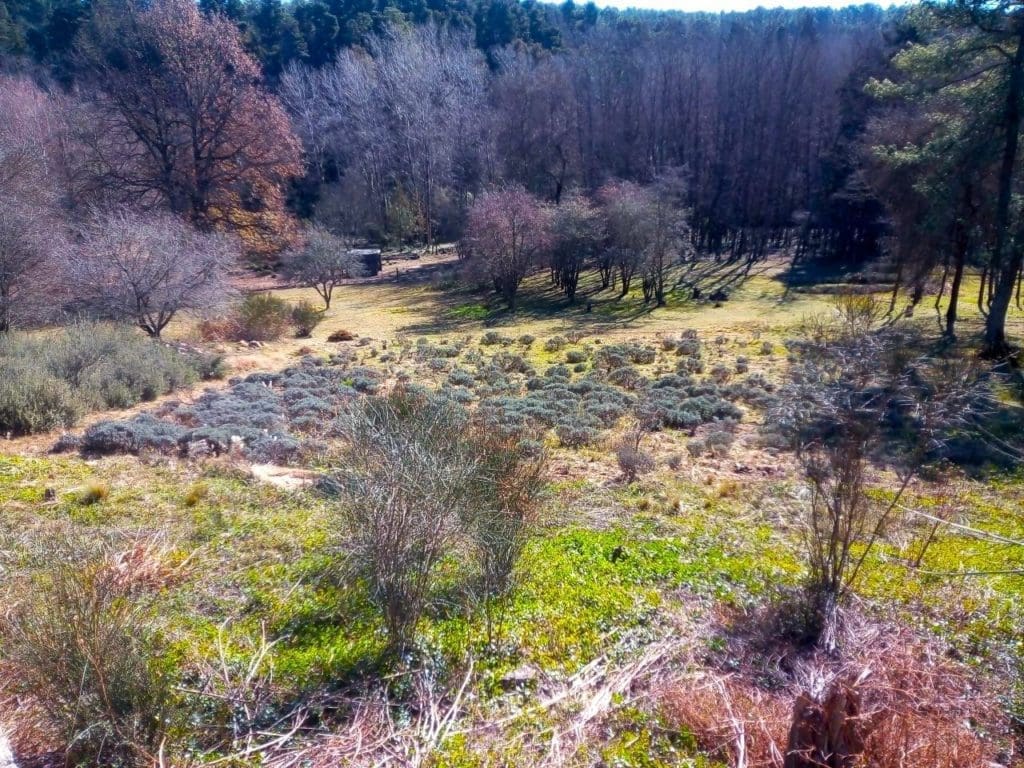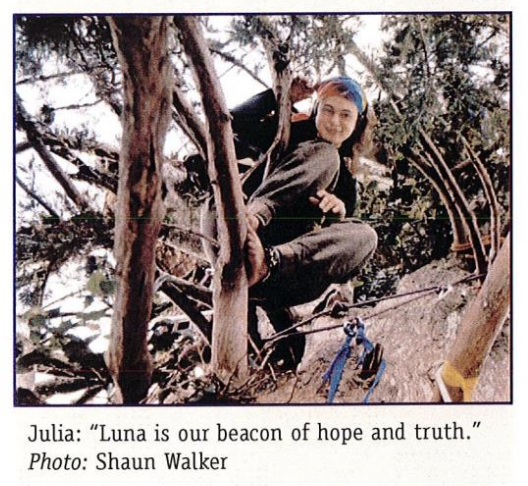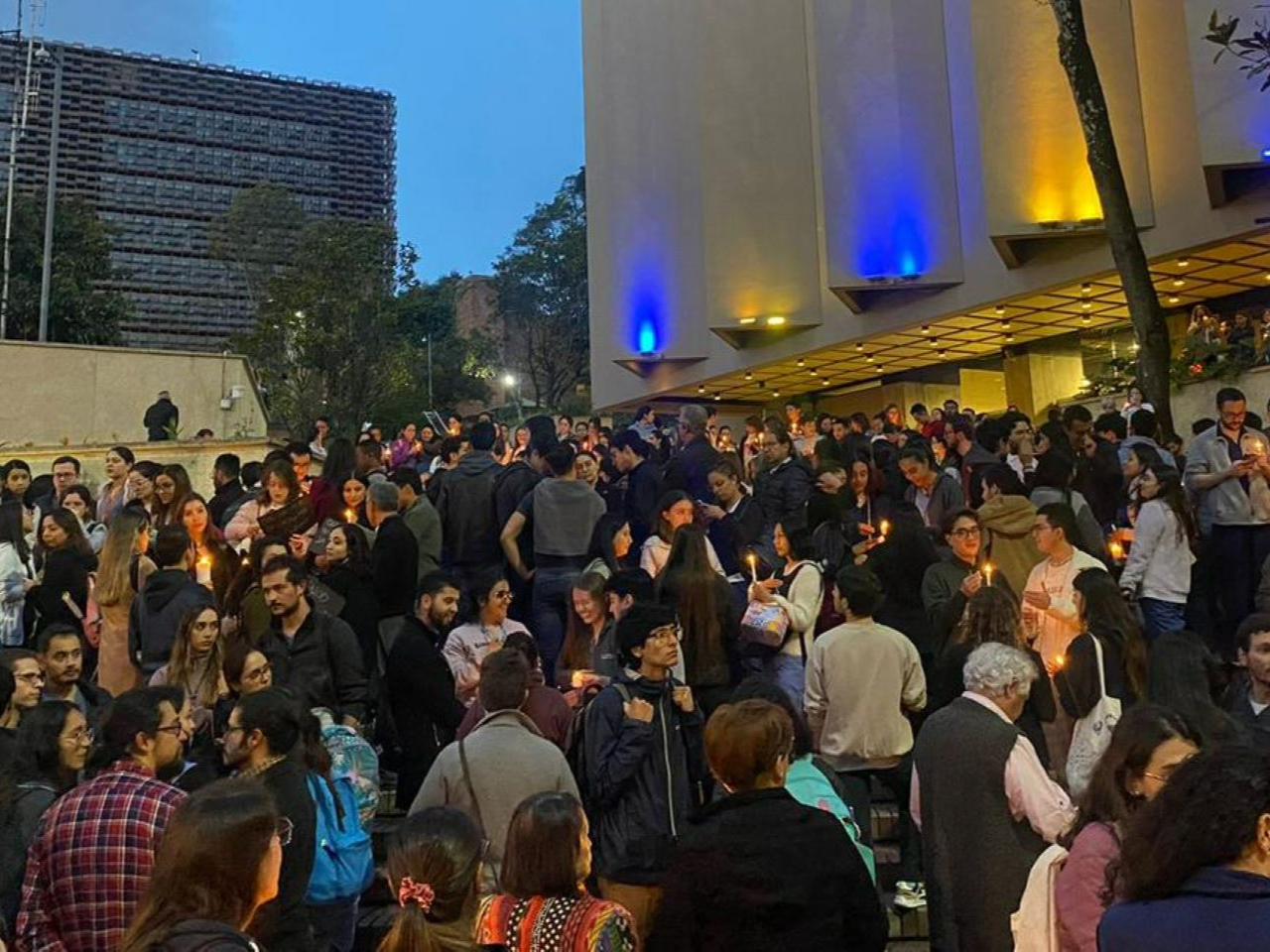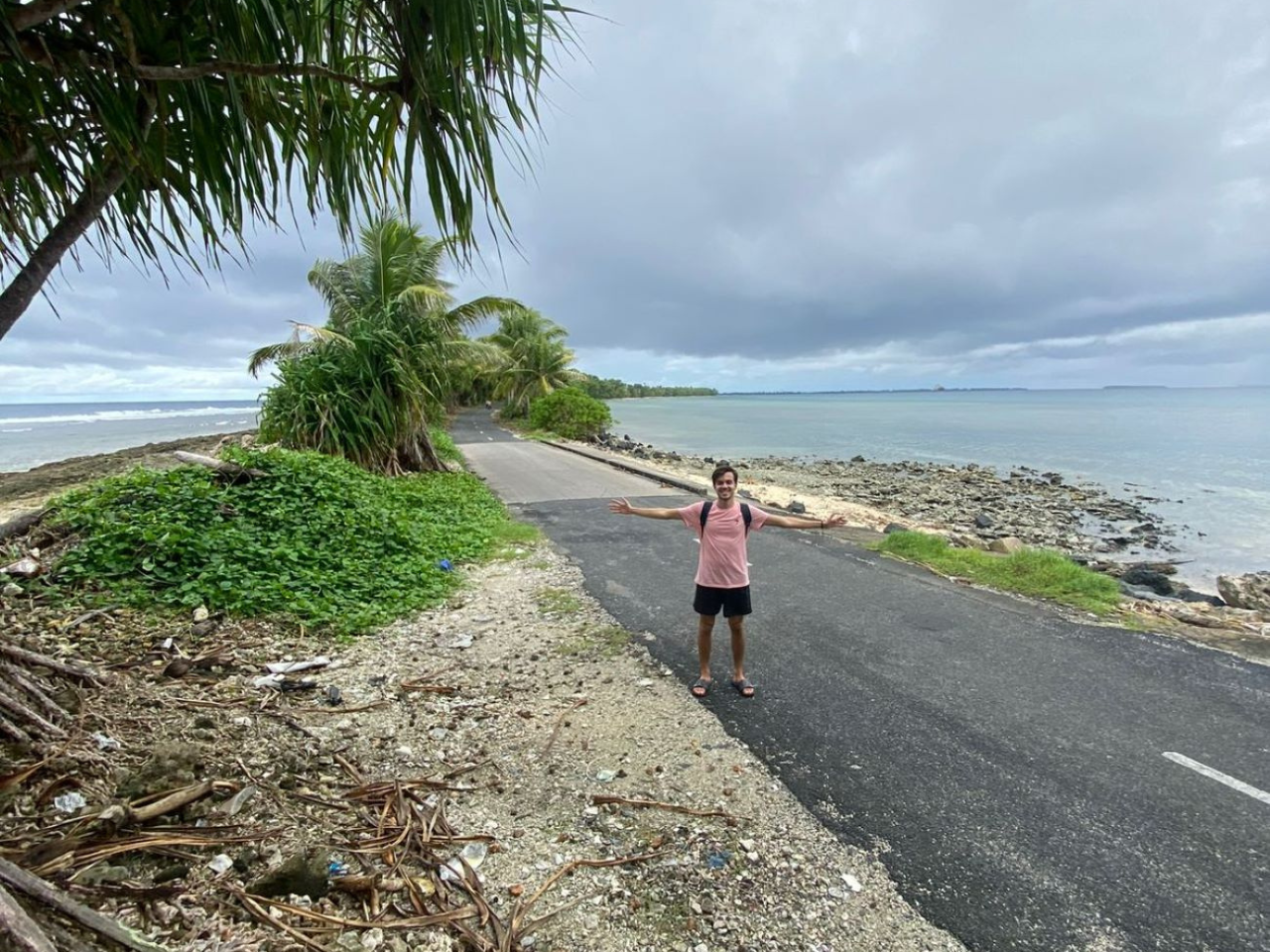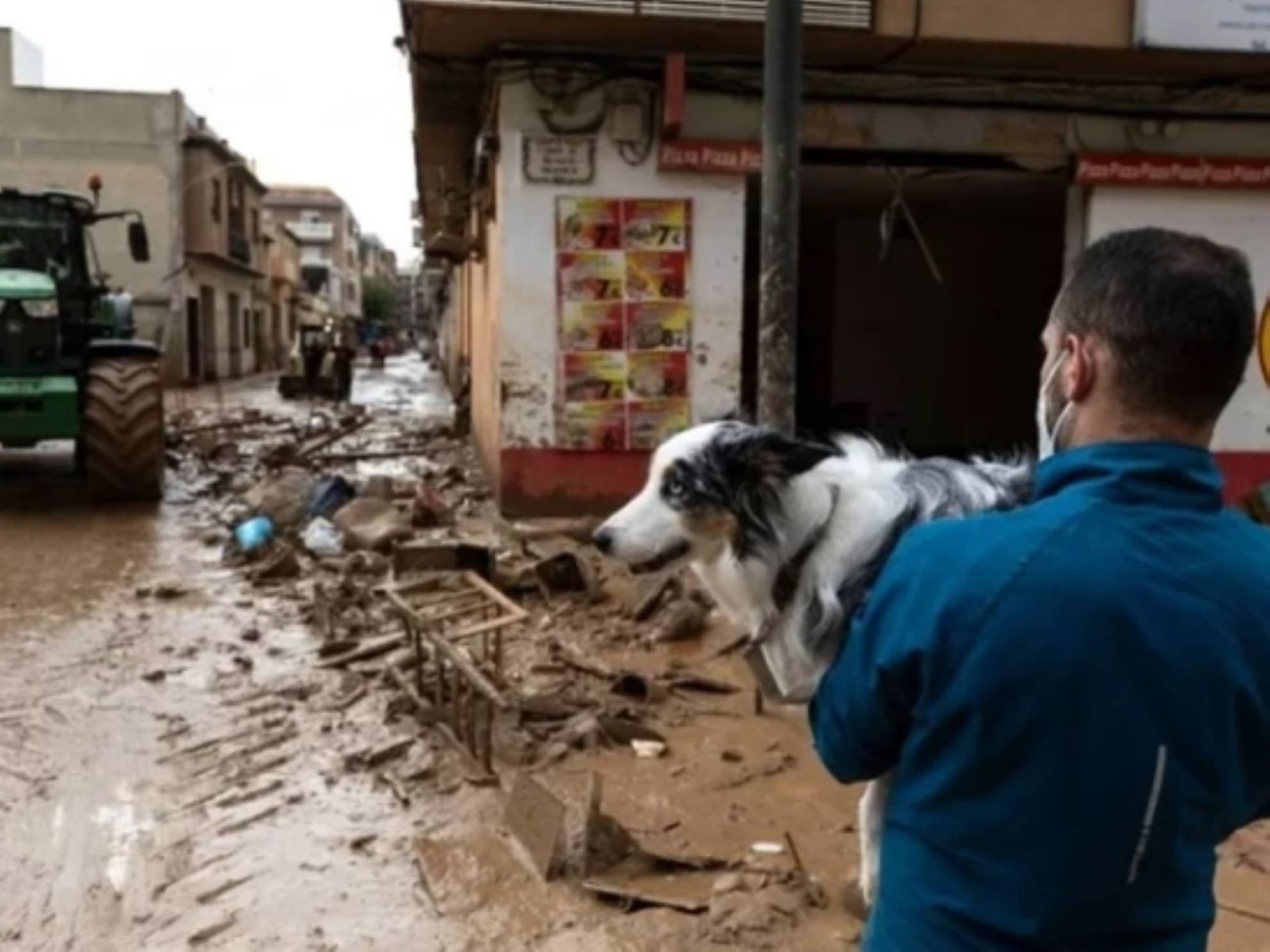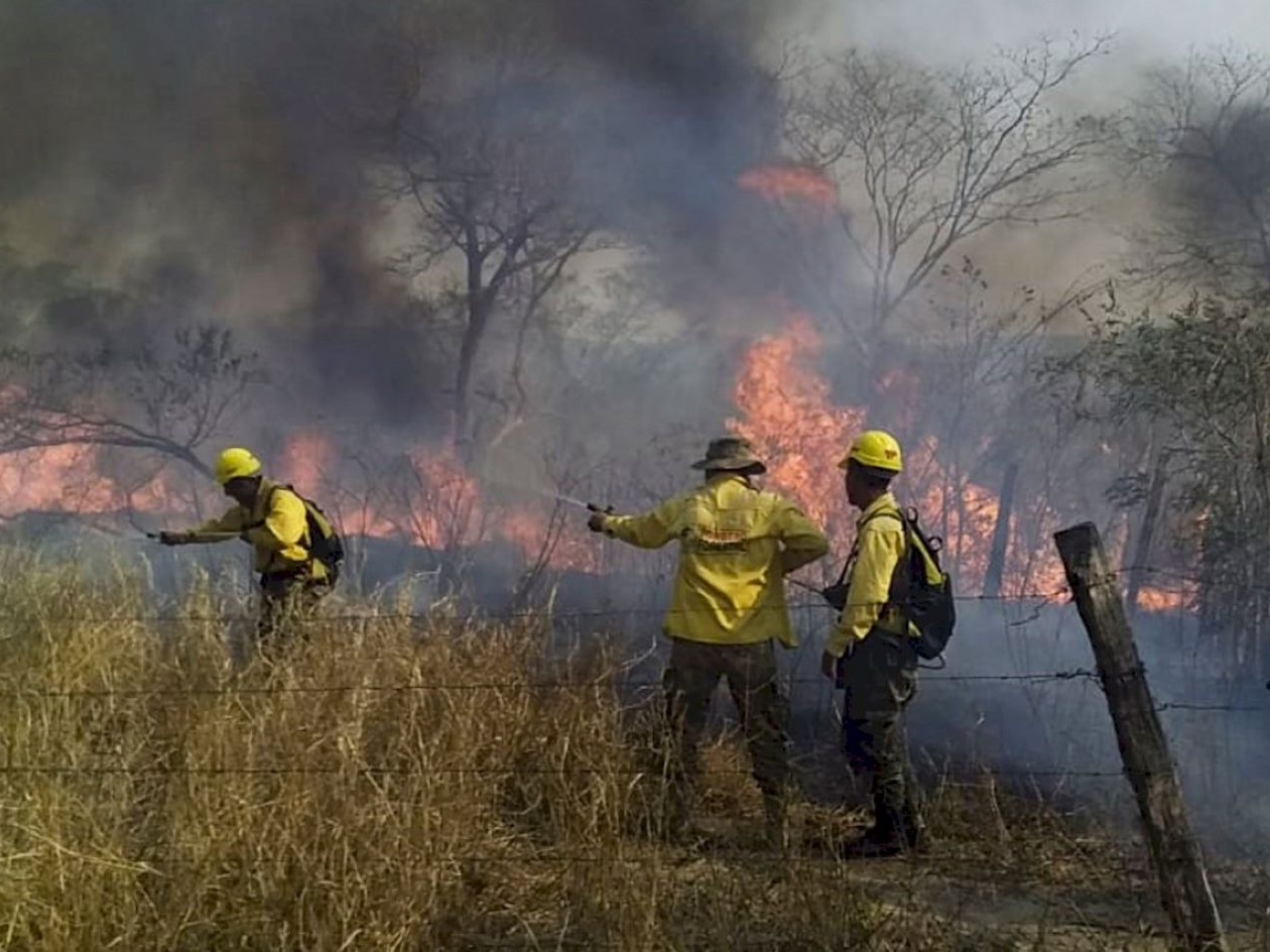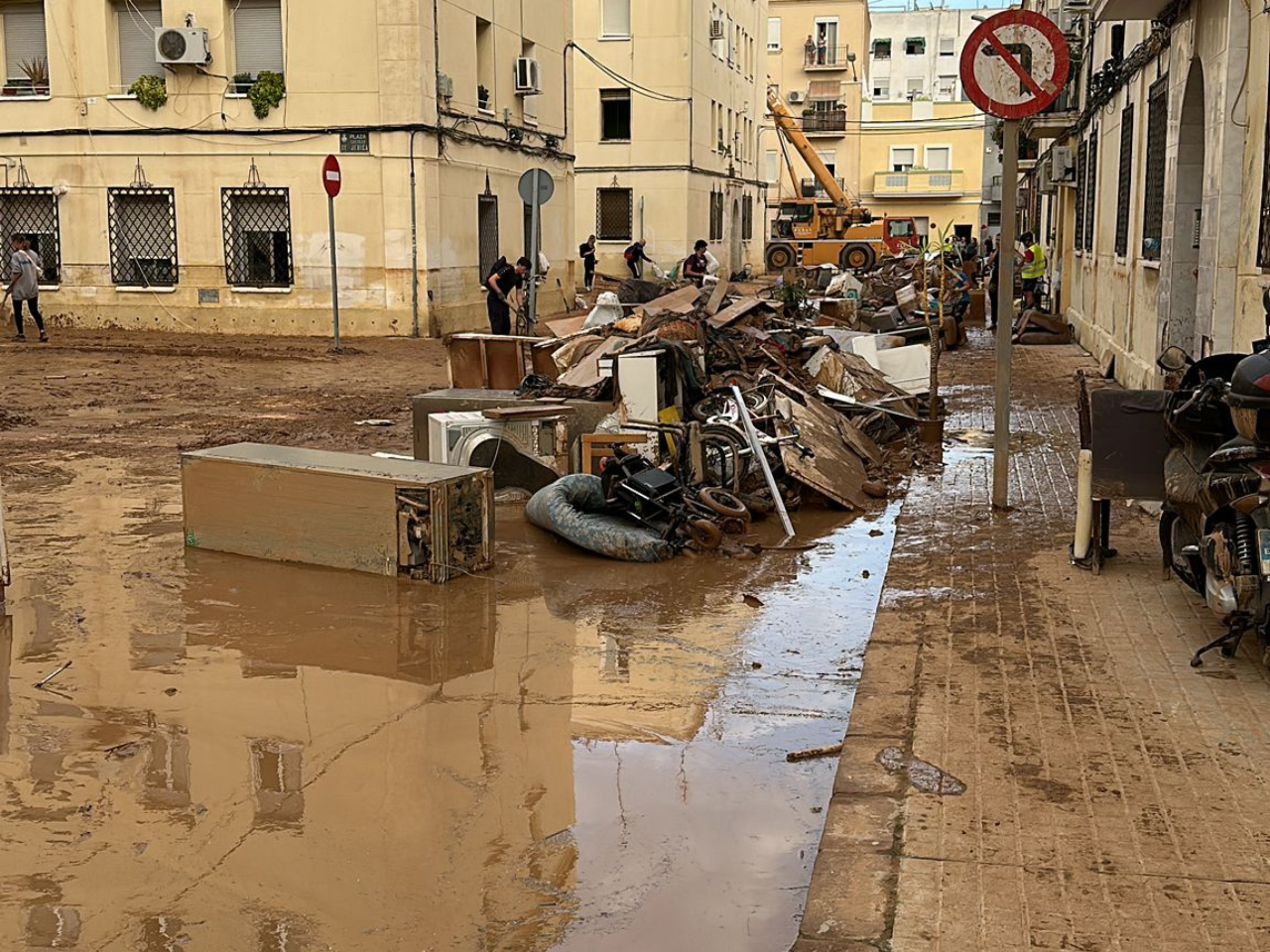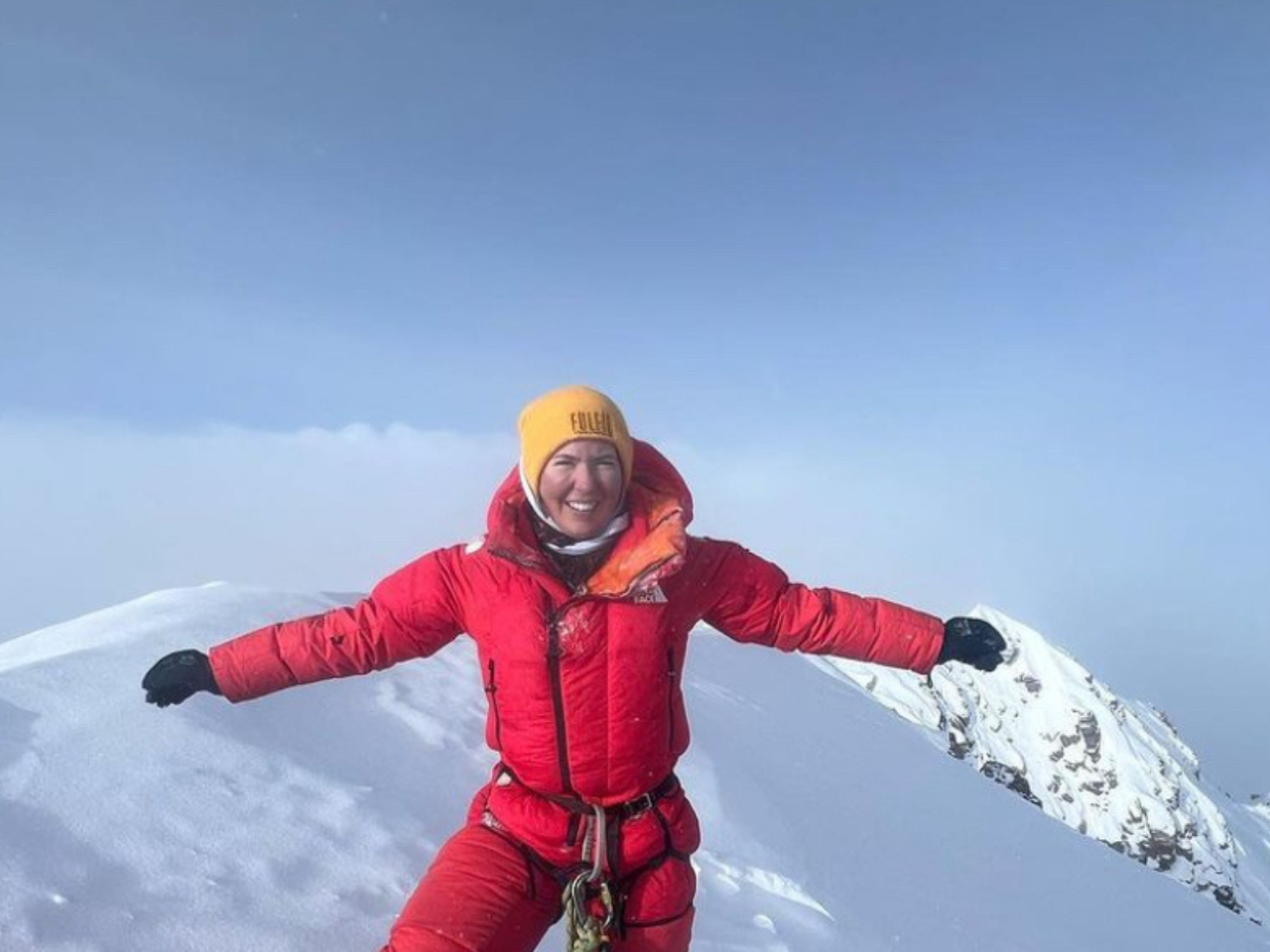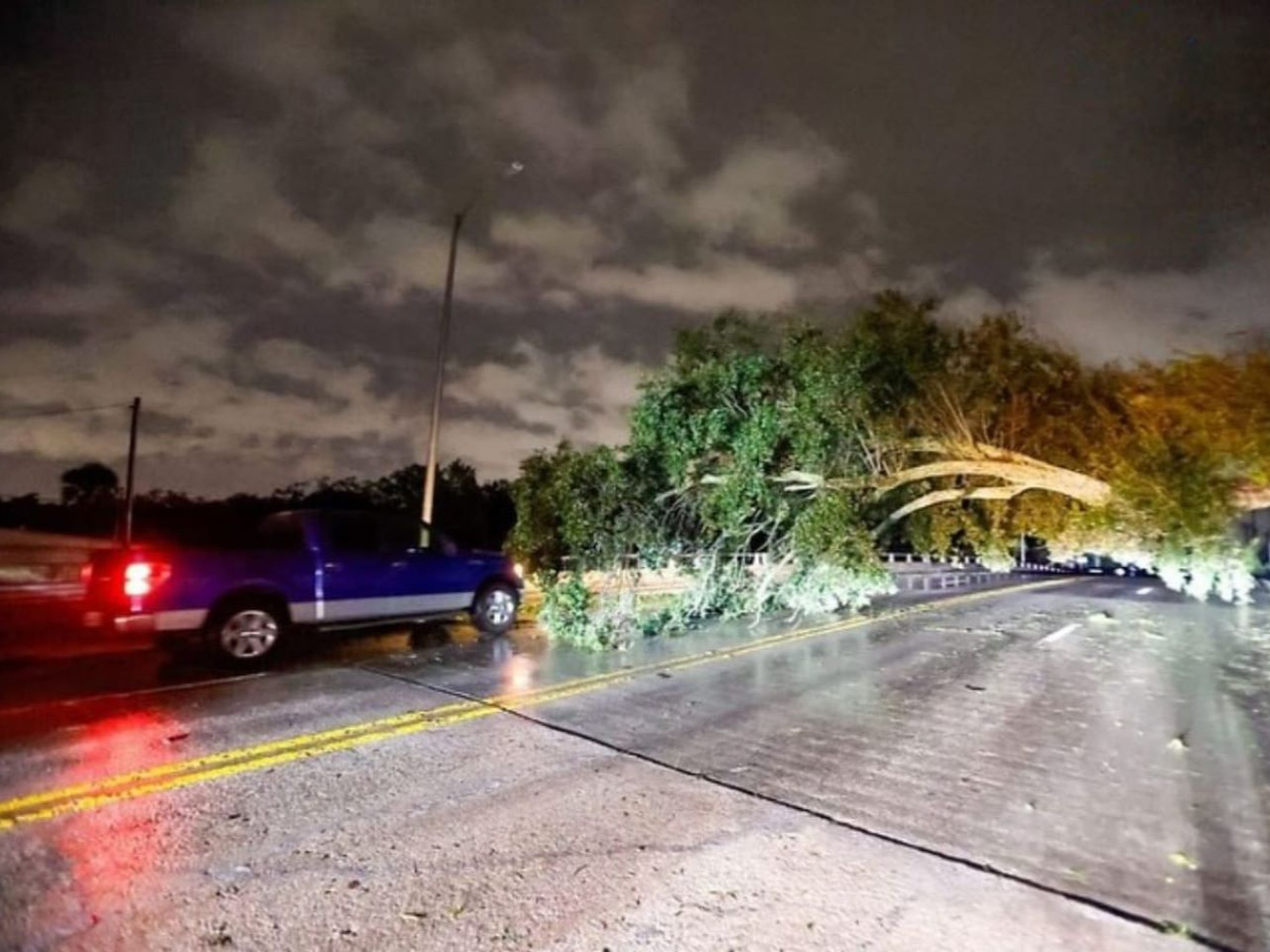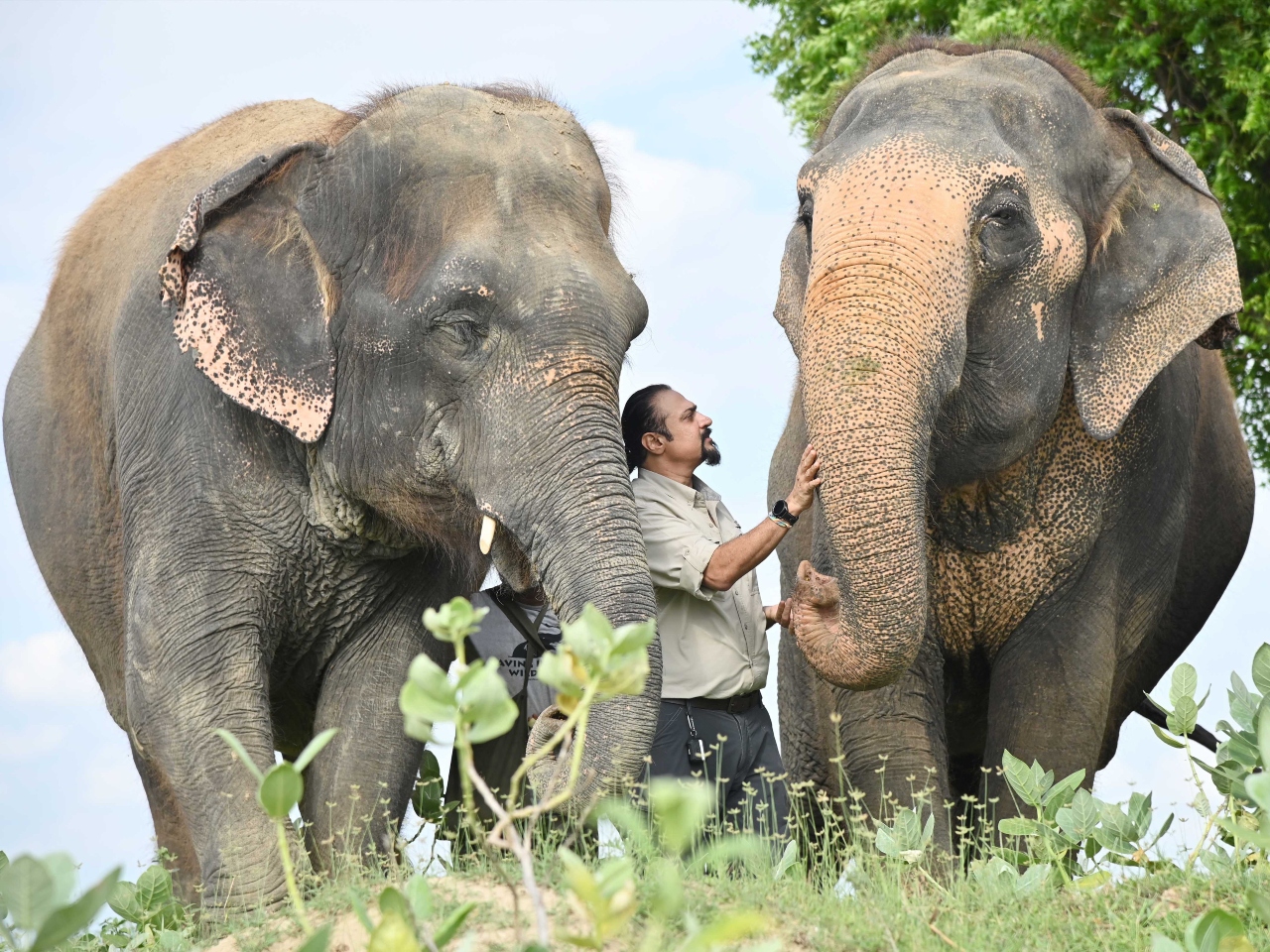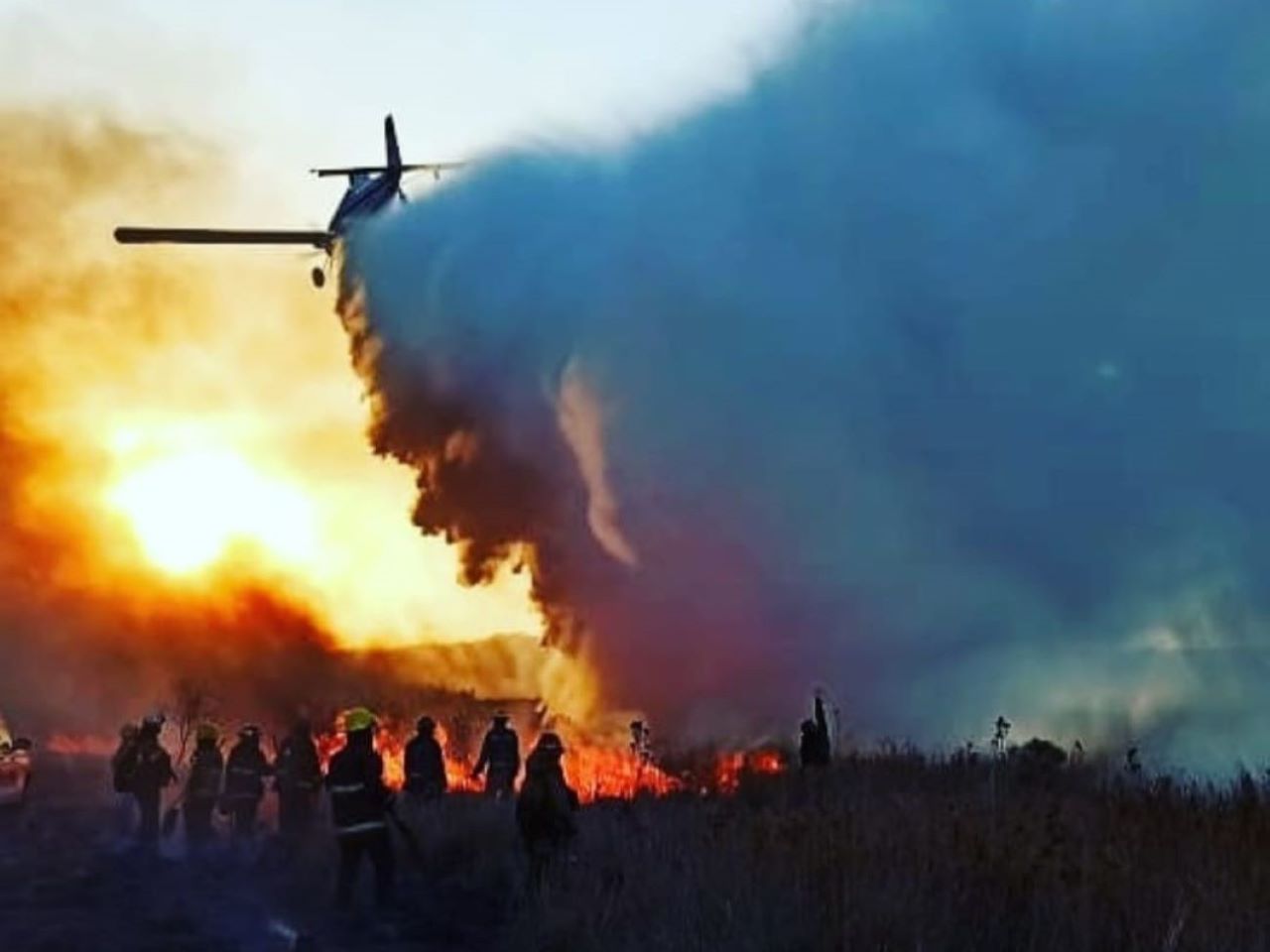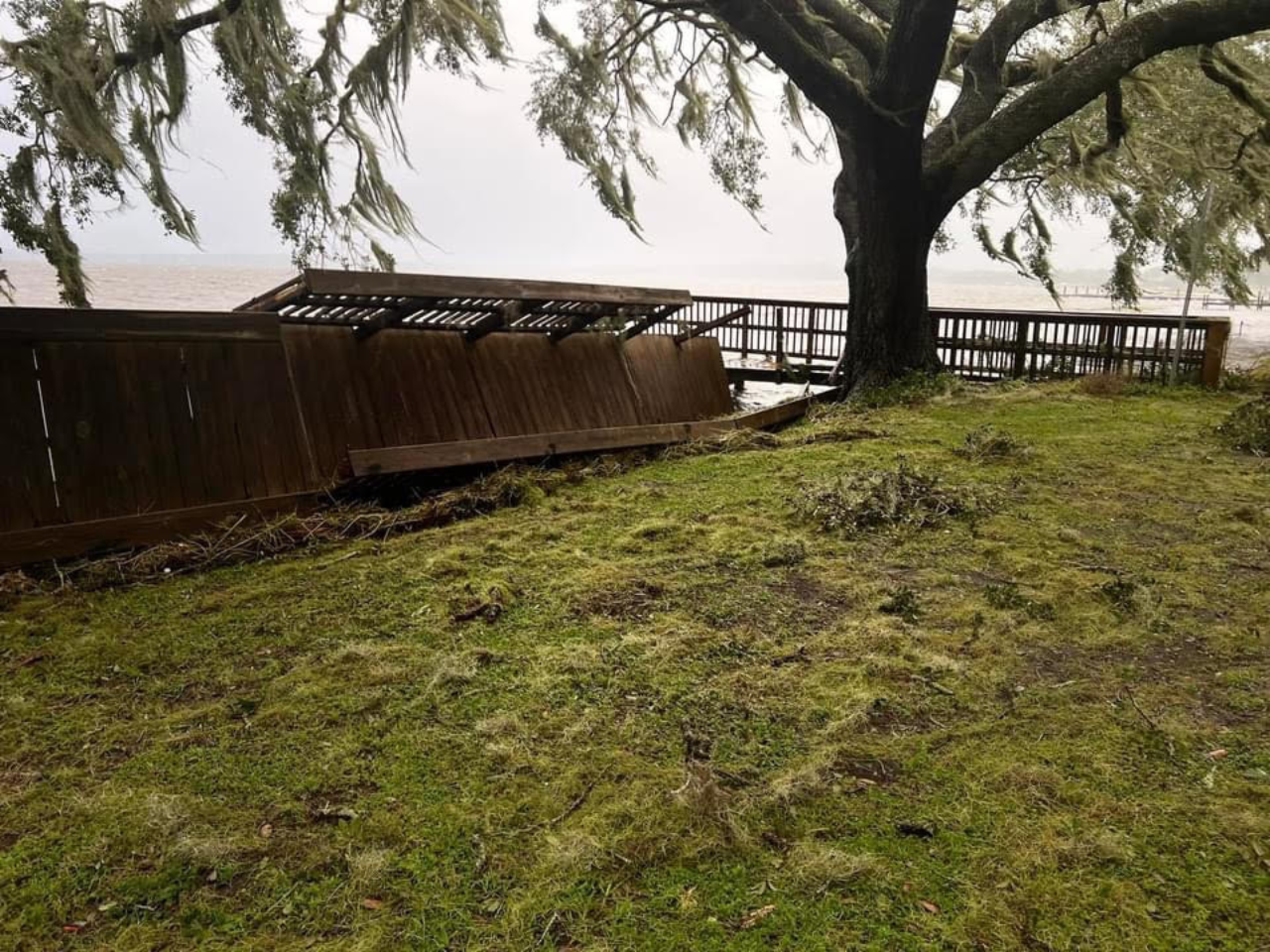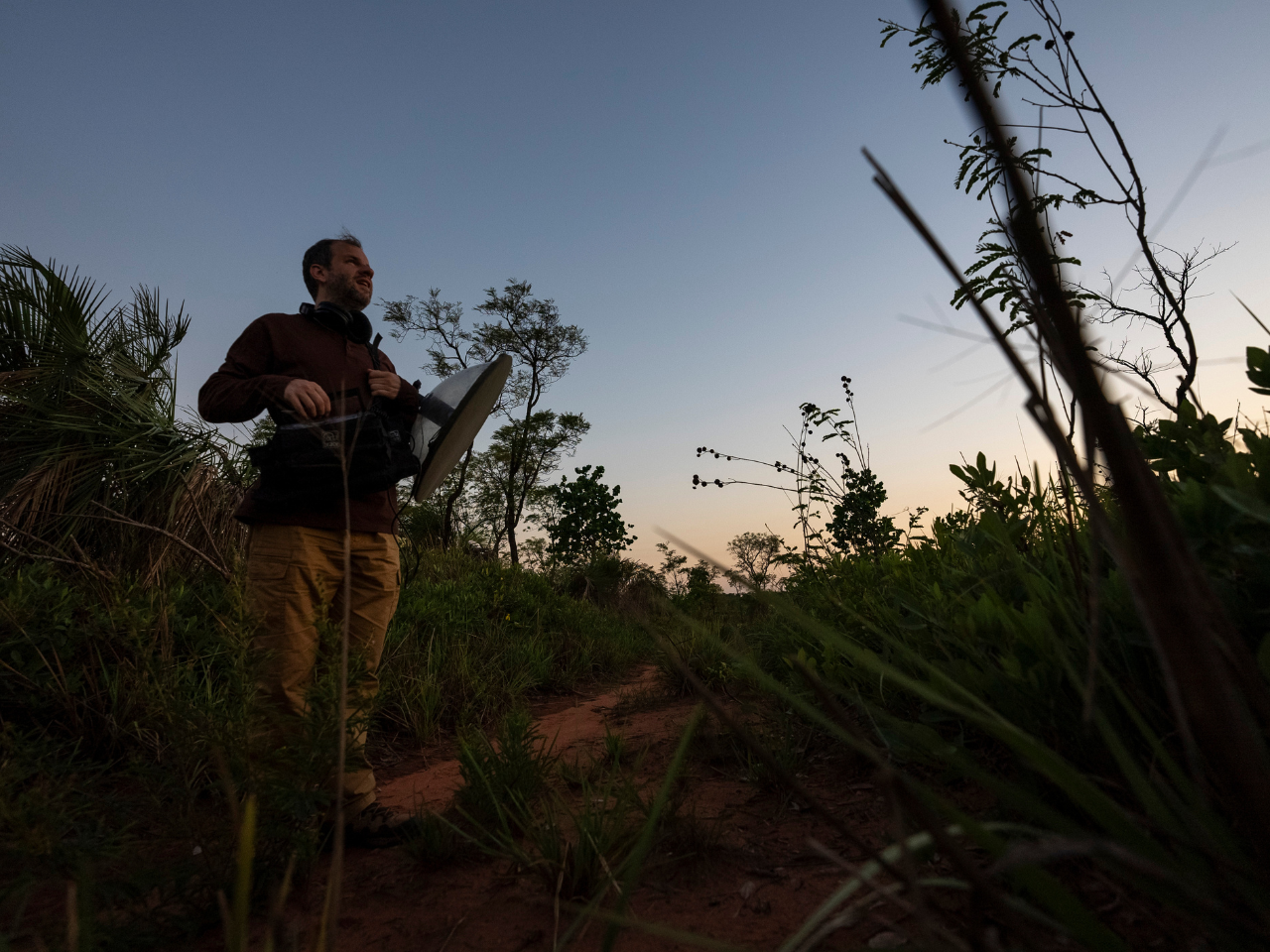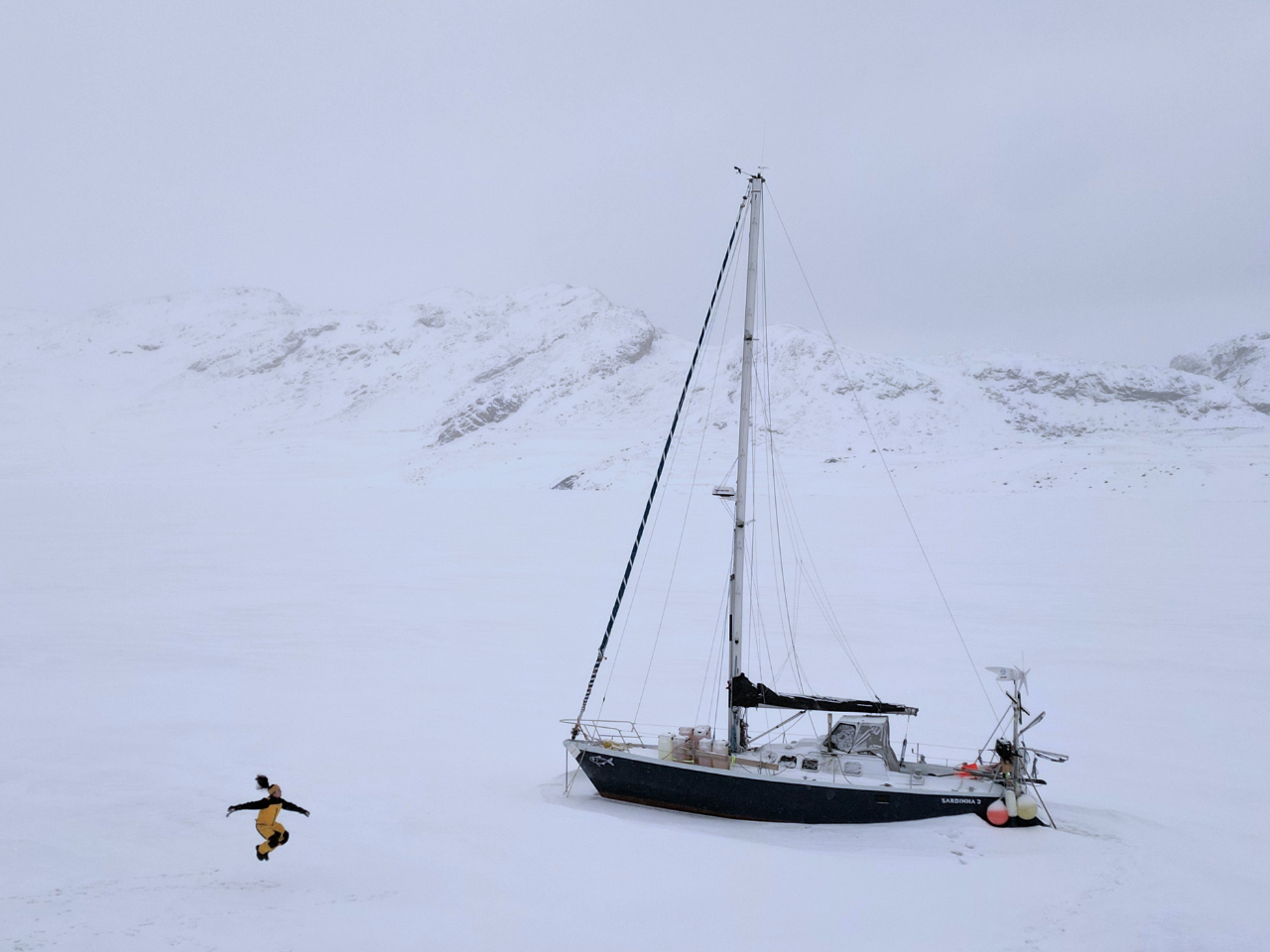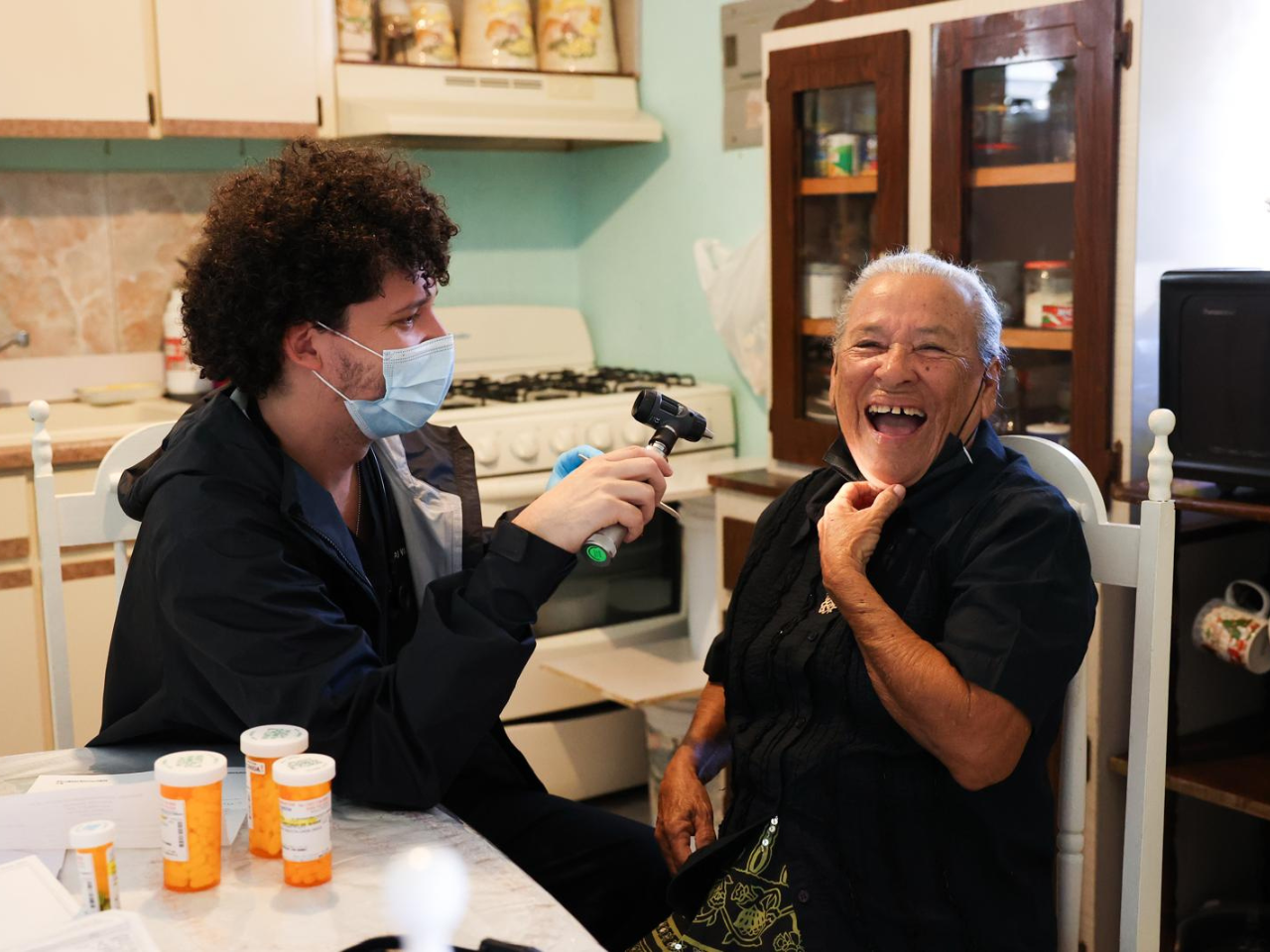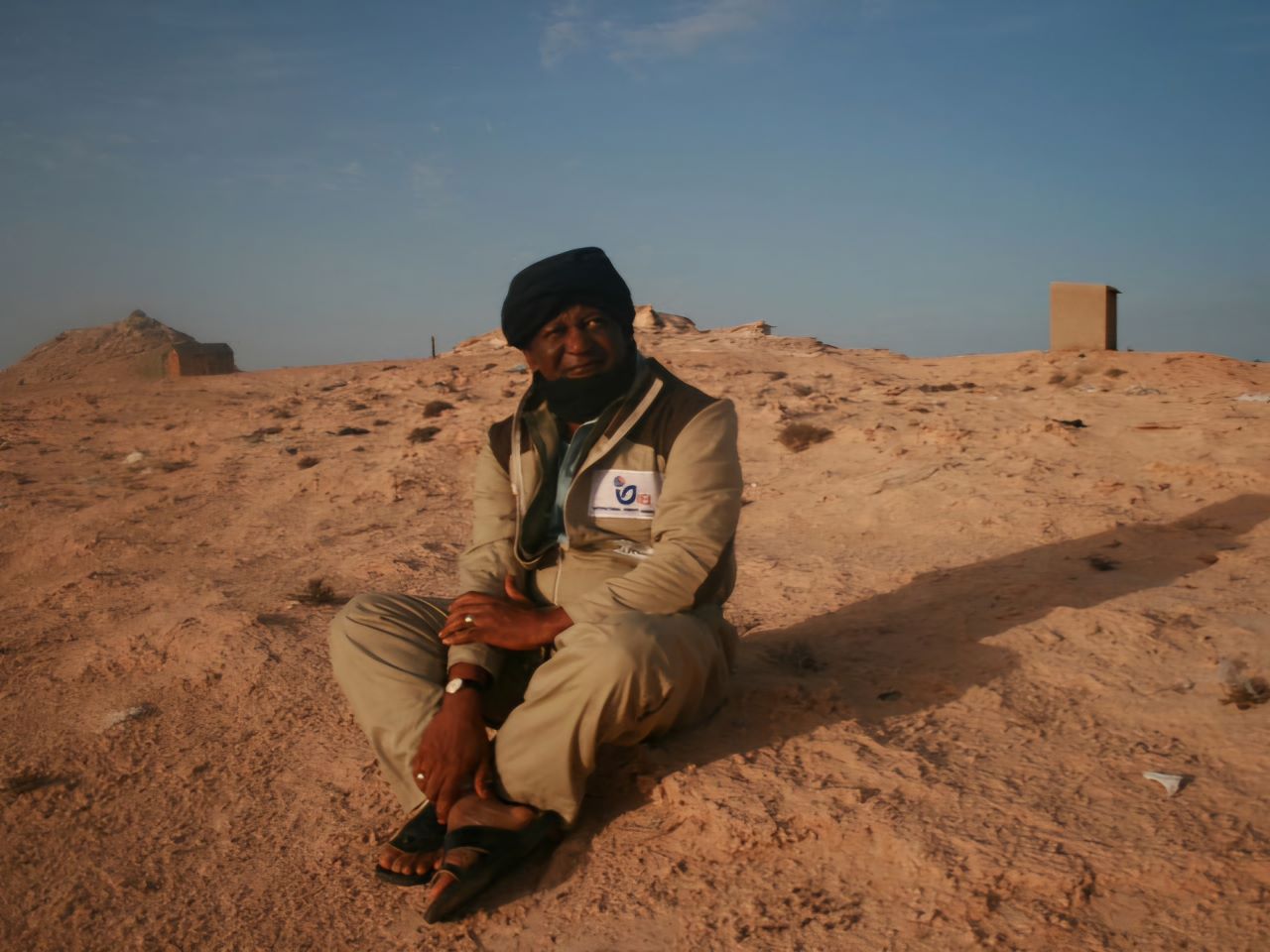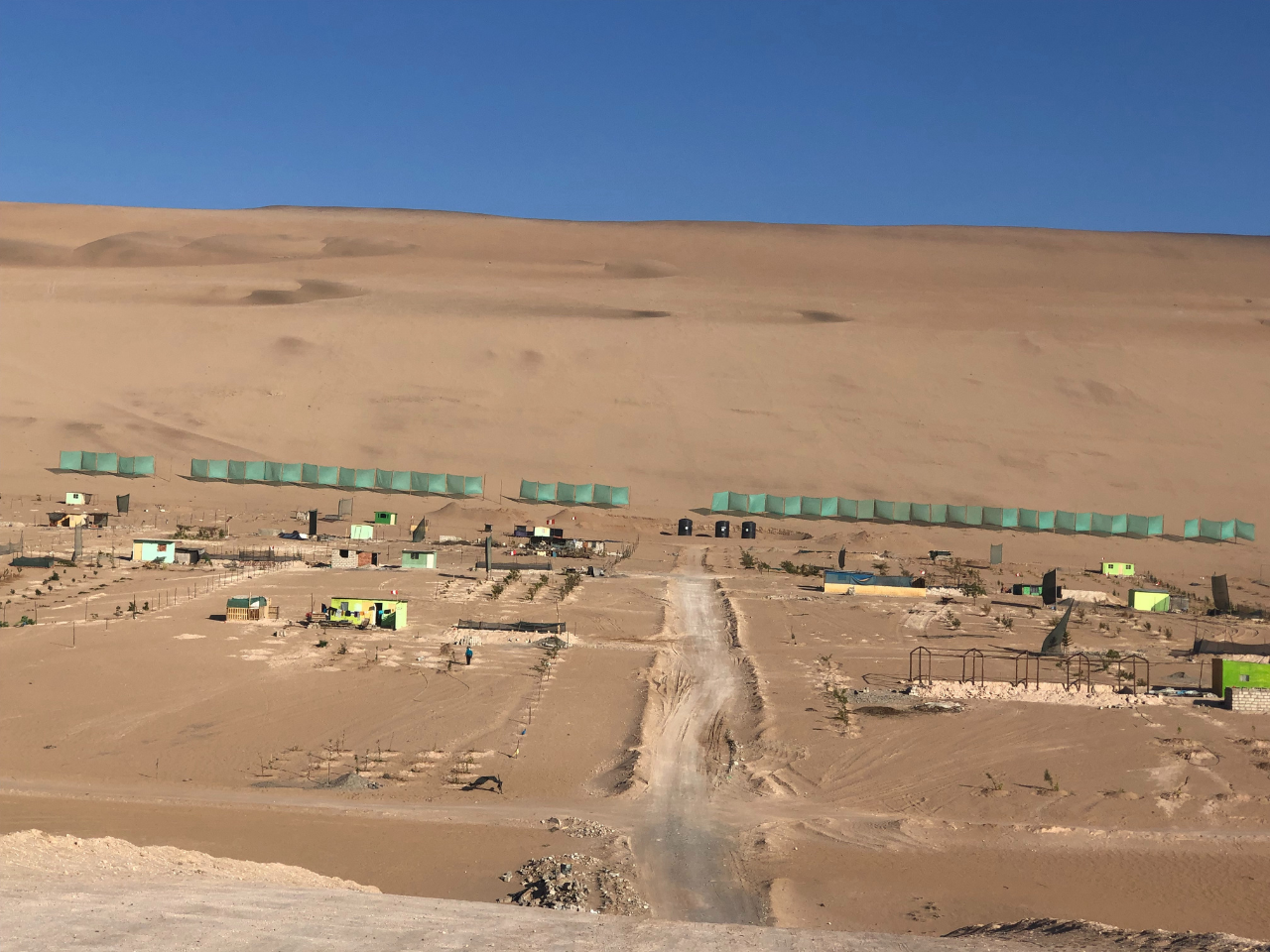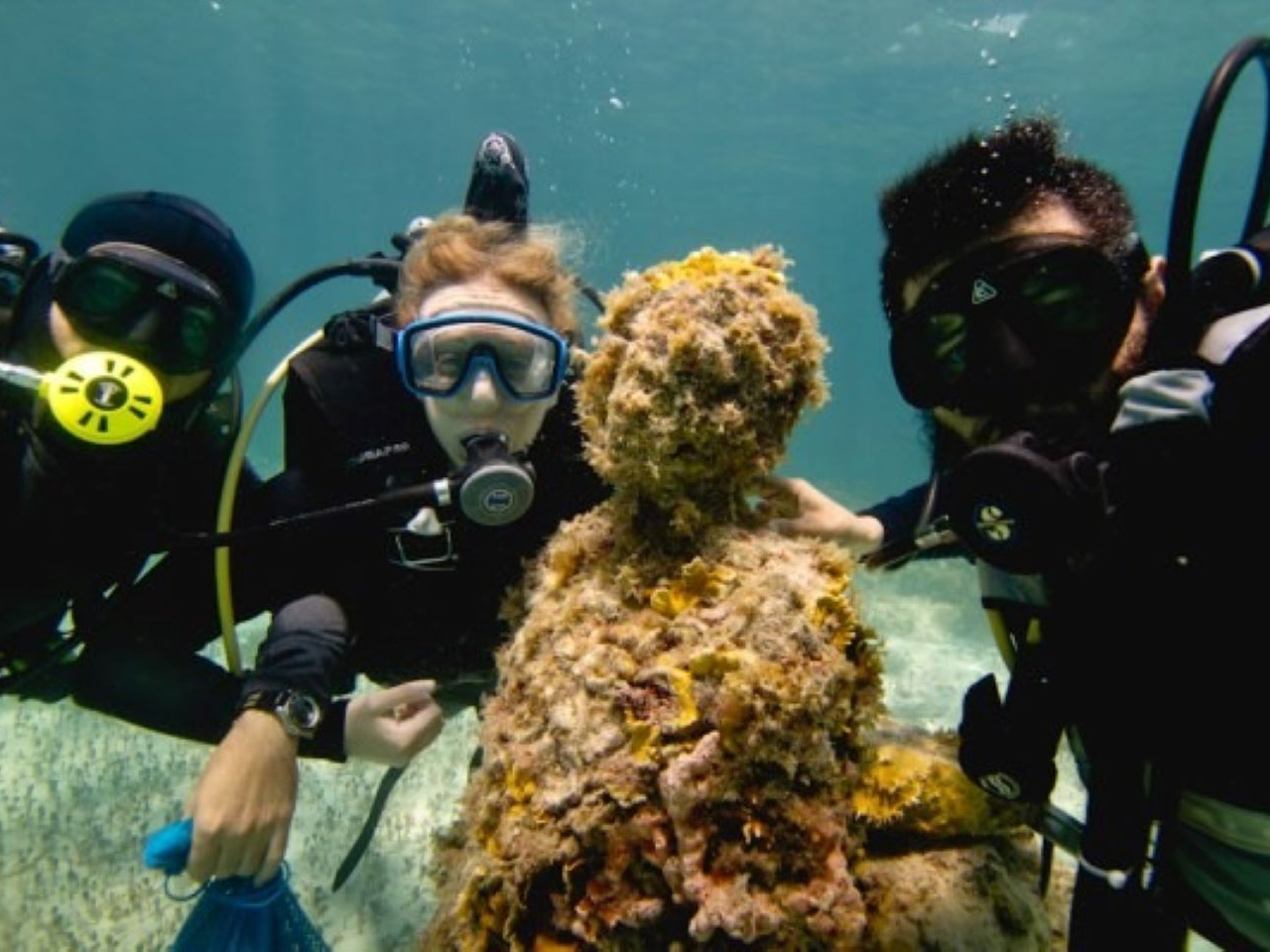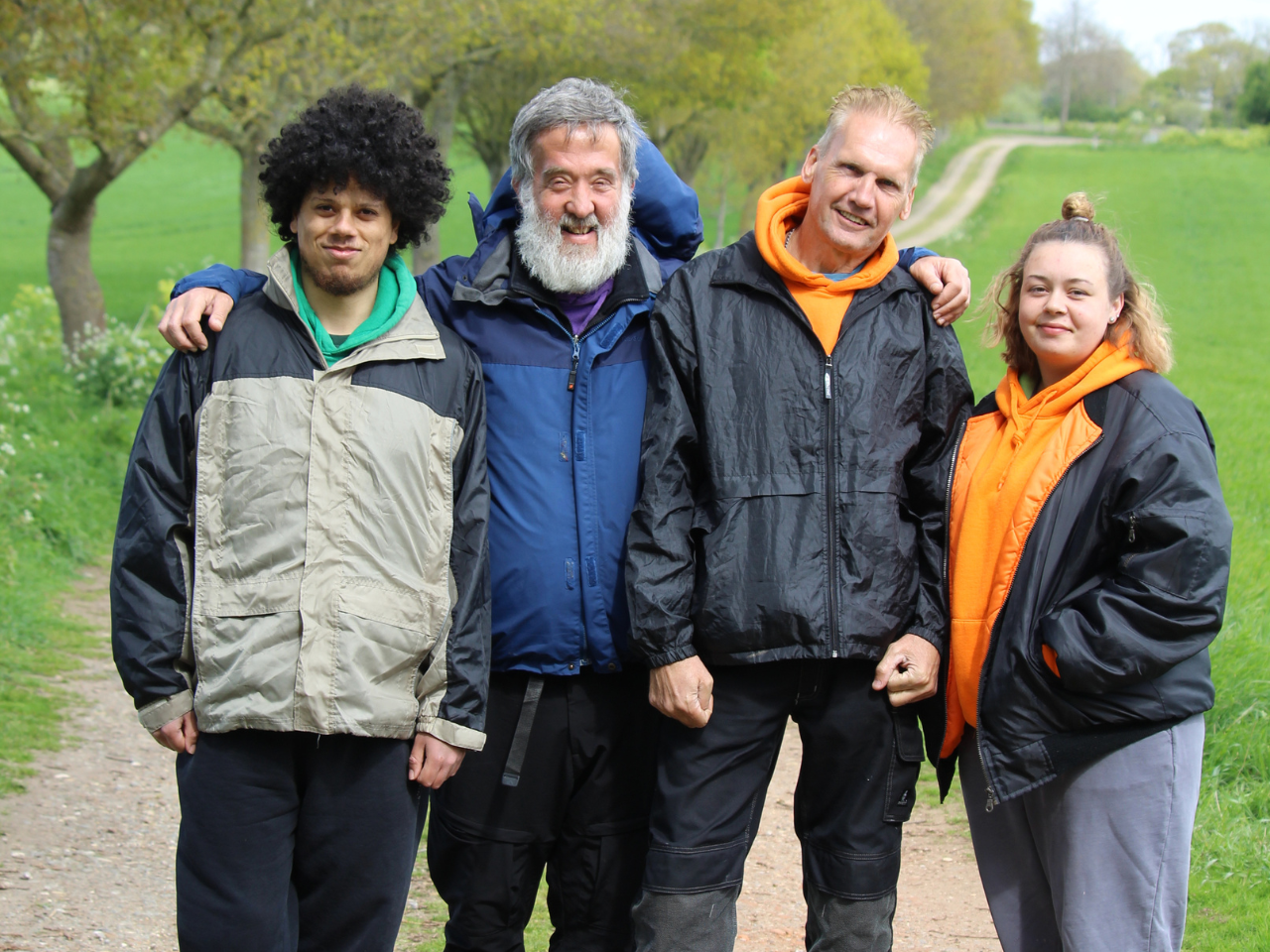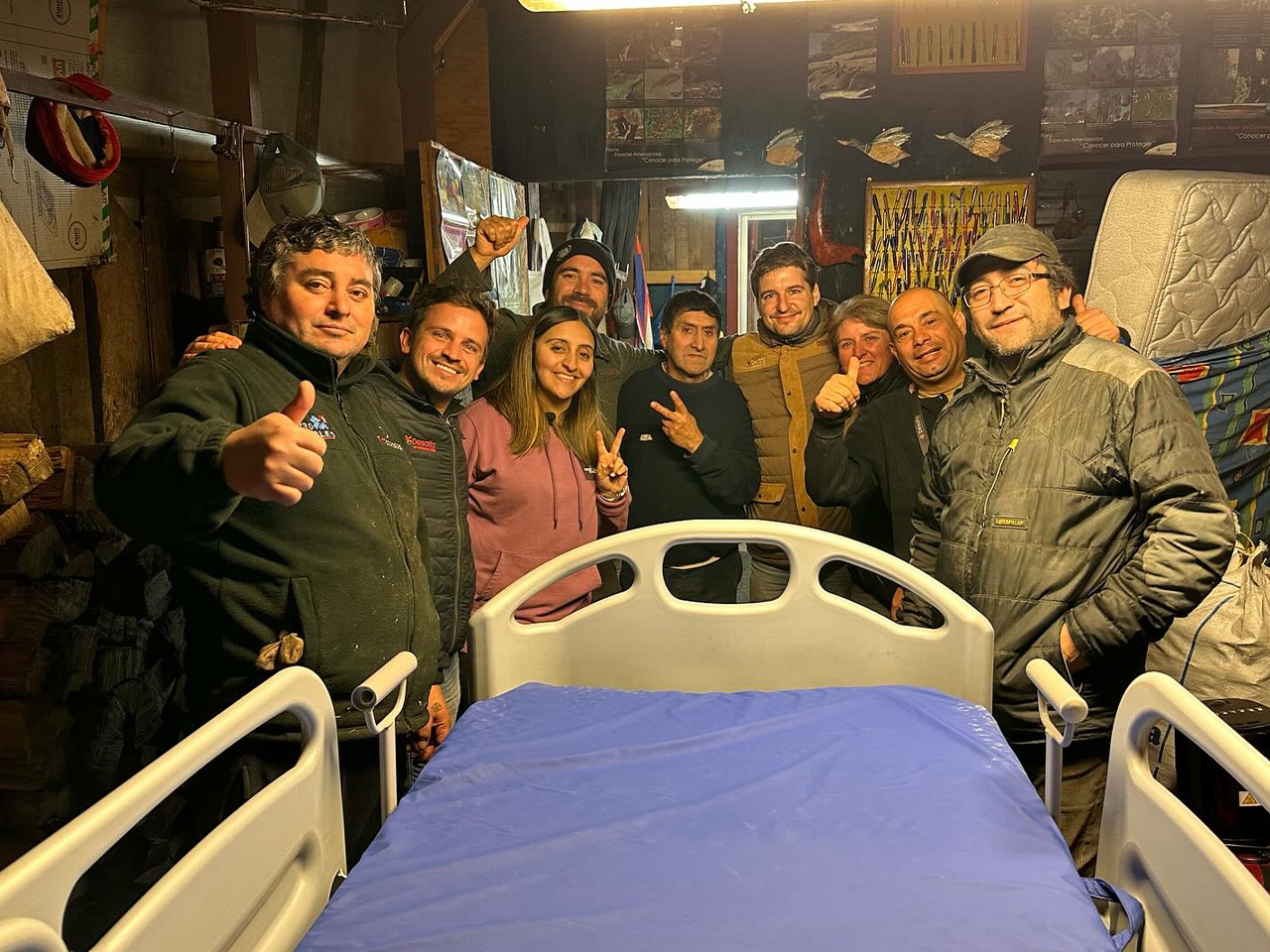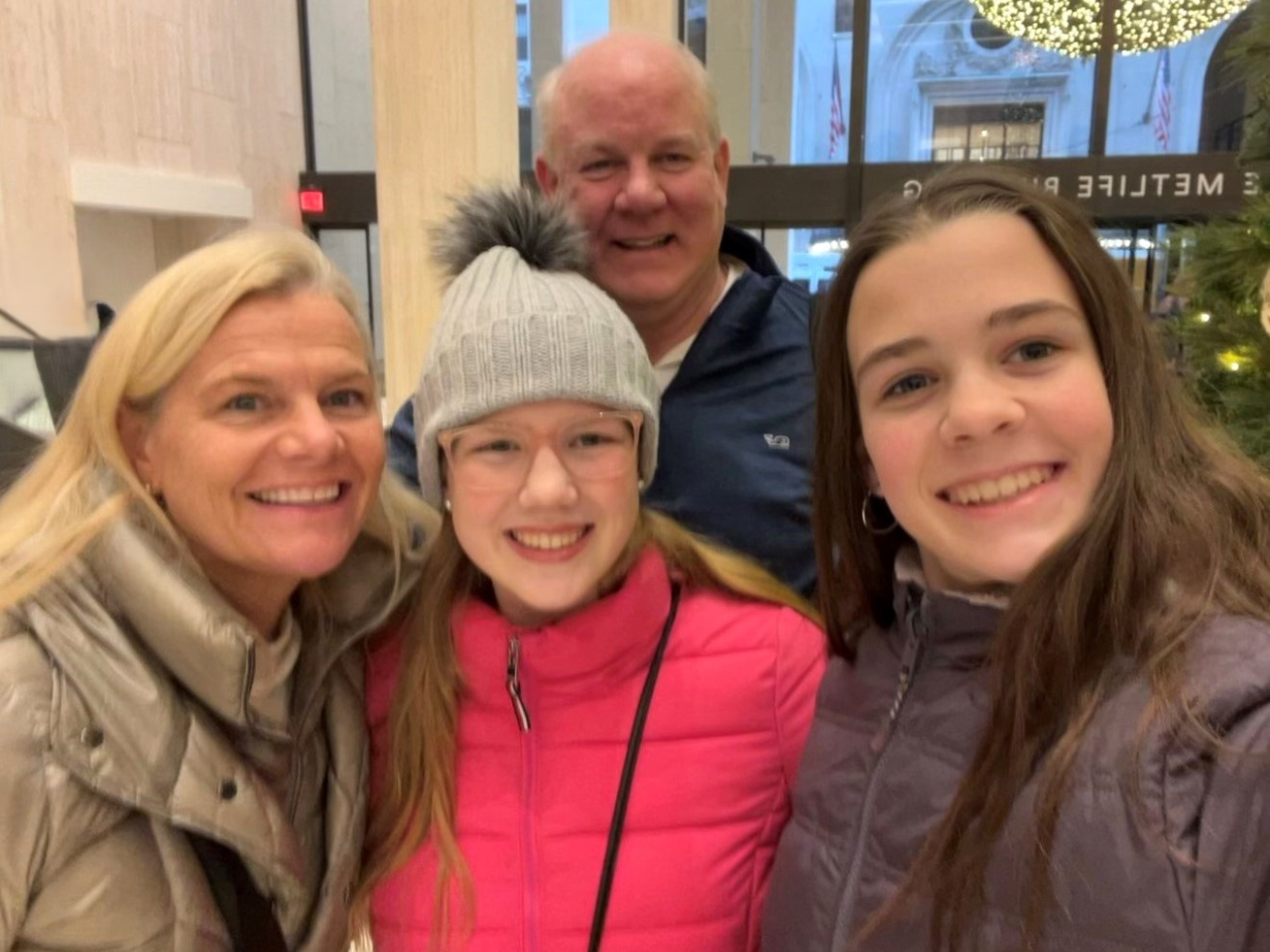Where do natural cosmetic ingredients come from? Man describes a modern-day Garden of Eden
Along the floor of the garden, lavender, mint, twin leaf, oregano, and thyme flourish. Insects wander in and out, pollinating the plants and stimulating reproduction. In the summer season, a vigorous explosion breaches the gates of winter, bringing the earth out of dormancy.
- 3 years ago
June 28, 2023
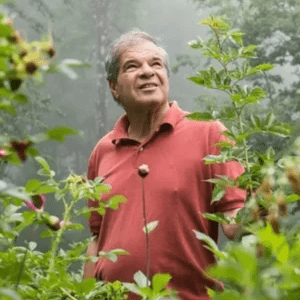
BUENOS AIRES, Argentina ꟷ Deep in the Córdoba mountains, in the Calamuchita Valley, a sanctuary exists. Created in the 1980s in Villa Berna, the trees and plants that flourish here supply the Swiss firm Weleda with certified natural agriculture. The ingredients we offer remain free of chemicals and pesticides for cosmetic and medicinal use. I began working at the Weleda Global Garden in 2005.
On more than 12 hectares (30 acres) of land, we grow 70 species of plants, herbs, and trees. The ingredients we supply offer medicinal properties that support things like digestion, skin regeneration, relaxation, and revitalization. Some offer natural antibiotics.
When you step into this landscape through the arched entrance, you feel like you have walked into a Monet. The sights to behold set a mood which, in and of themselves, seem to improve one’s health.
Weleda Global Garden creates a spectacle of nature’s bounty
Like the Garden of Eden, our sanctuary in Villa Berna boasts an incredible history. When Marguerite Kellenberg arrived here from Germany with her husband in 1942, she fell in love with this place. They purchased 400 hectares of land. The cool winters and humid, warm summers feel reminiscent of central Europe. With a conducive climate, people began cultivating plants and herbs through biodynamic agriculture – the first of the organic farming movements.
Poplars, birches, and a vast diversity of vegetation abound. Marvelous colors and aromas stimulate the senses. Along the floor of the garden, lavender, mint, twin leaf, oregano, and thyme flourish. Insects wander in and out, pollinating the plants and stimulating reproduction. In the summer season, a vigorous explosion breaches the gates of winter, bringing the earth out of dormancy.
In the background, the heights of the Córdoba mountains stretch 2,800 meters above sea level. From there, spectators witness the garden in all its beauty. When the snow falls from the mountains in winter an incomparable picture emerges. In summer, the quietness accentuates the clean vegetation. Words cannot truly explain it.
Working in the Weleda Global Garden, I encounter and care for nature. An enormous happiness fills me every day. Unlike working in an office, the mood of the environment creates a different pace of life.
Recovering from disaster and harvesting nature’s healing properties
Twenty years ago, I personally planted many of the trees in the garden. I will never forget the devastation I felt in 2013, when a tornado ripped through our oasis. The winds raged at 140 kilometers (86 miles) per hour. It tore down many of the trees I planted and left our sanctuary in disarray. I stood inside the house, terrified at the spectacle I saw and heard. I felt the turbulence and heard the ominous noises, impotent to do anything at all.
The very plants and trees I cared for over the years were destroyed as I watched and waited from inside. When the storm passed, I walked through the garden, facing the consequences with my own eyes. Though I felt powerless during the storm, as soon as possible, I set about replanting. I looked around at the woods and saw the trees as old as people, and the sandy floor. I knew, the acidic pH that favors our vegetation and crops still existed there, so we went to work.
The work continues today. We harvest the plants and bark, sending thousands of kilograms of dry, fresh ingredients to Buenos Aires every year. Through the long summer season and the shorter winter days, we cultivate the seeds which originated in Europe, offering care and conservation. We dry and transplant and prune.
Like farming, this job requires constant attention, growing technical knowledge, and a love for nature. I would not change my work for anything. I love to get lost amongst the wooded avenues, surrounded by pines and oaks. I love the house that resembles a Swiss landscape. This place offers an unparalleled experience. Day after day, nature does what it does, and man decides to care for or destroy it.

